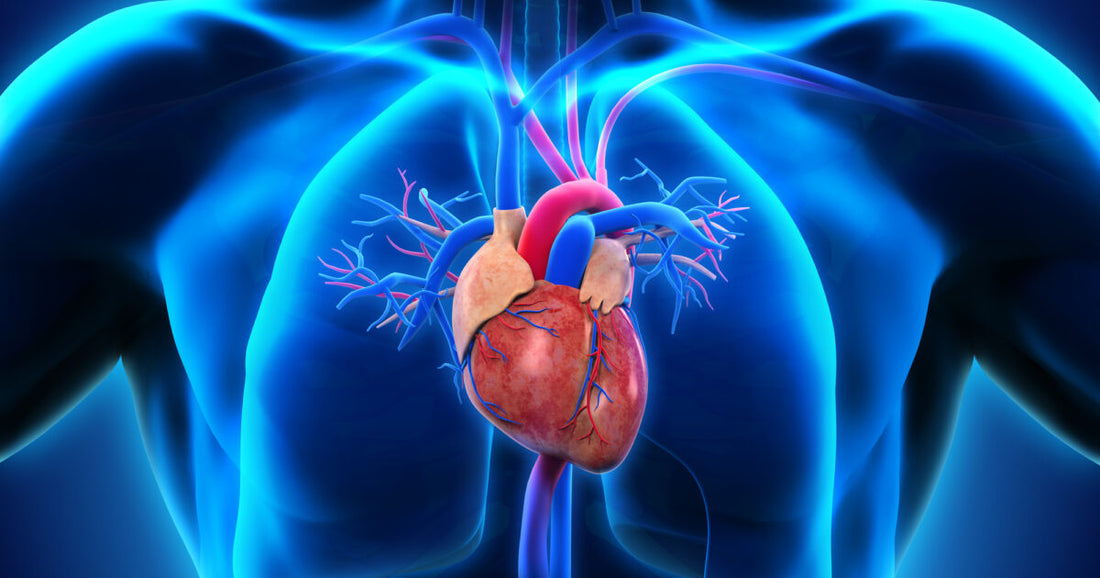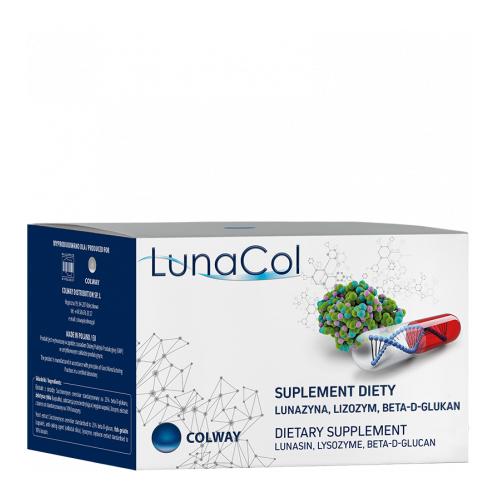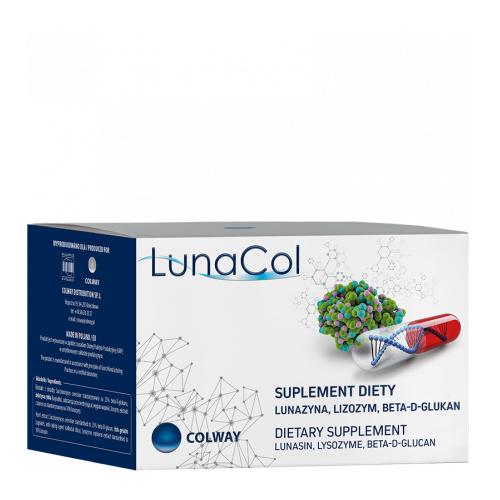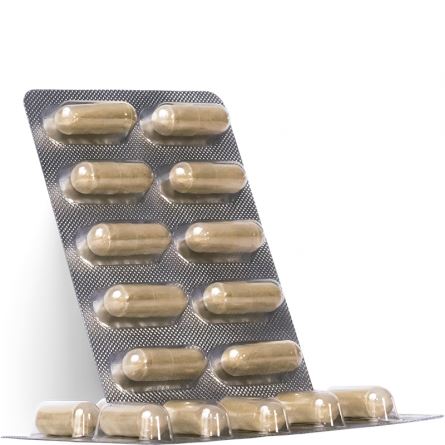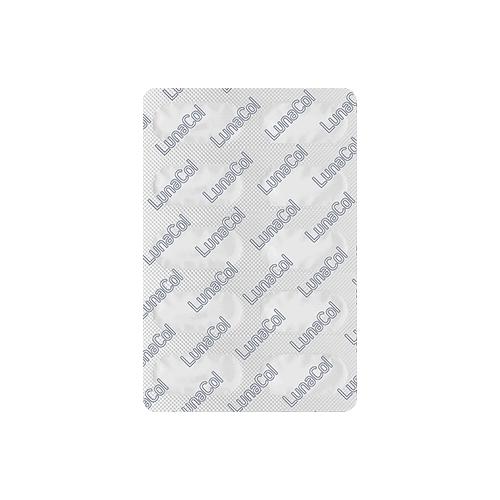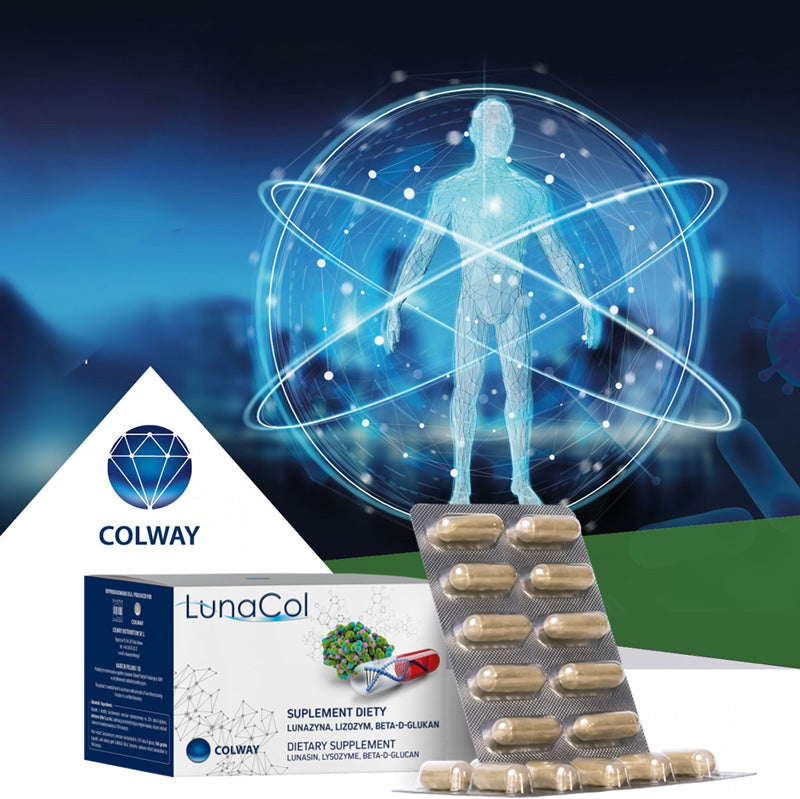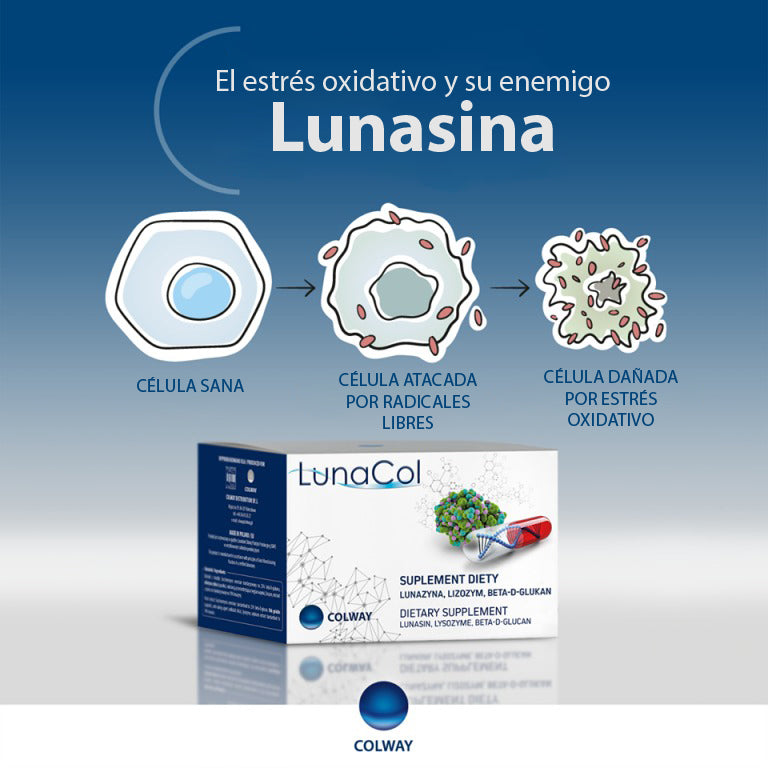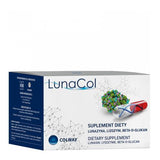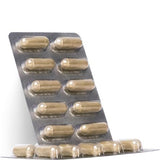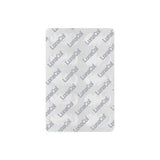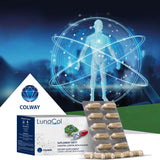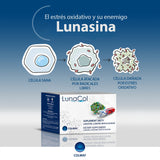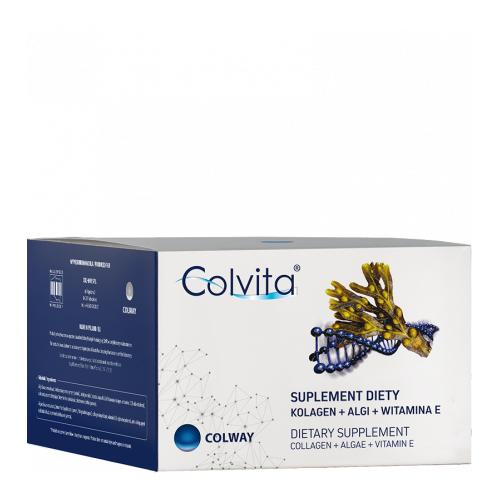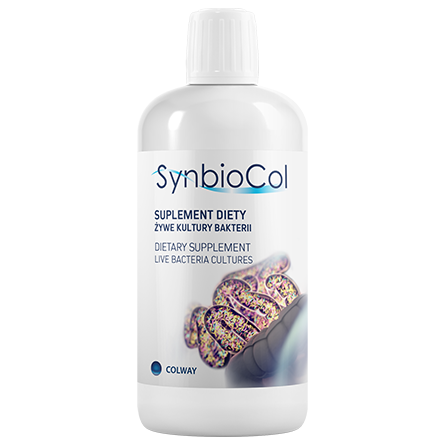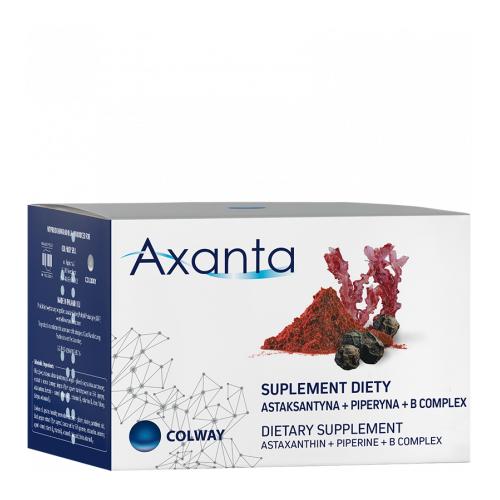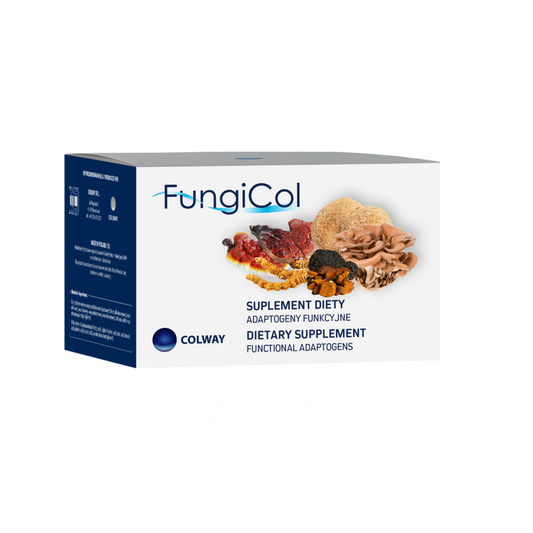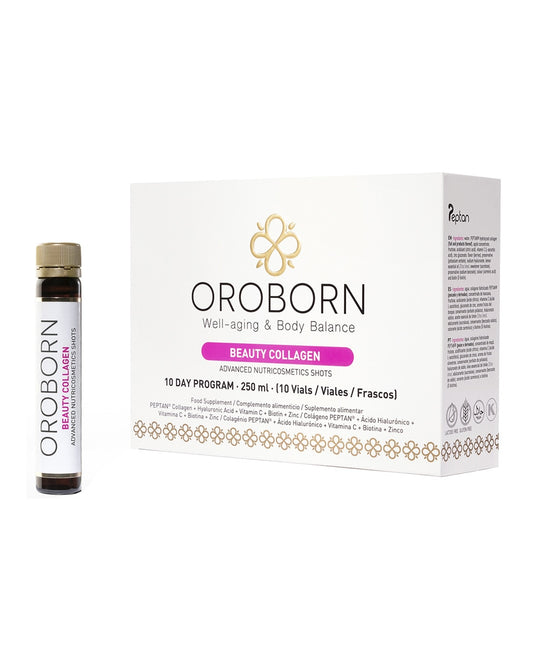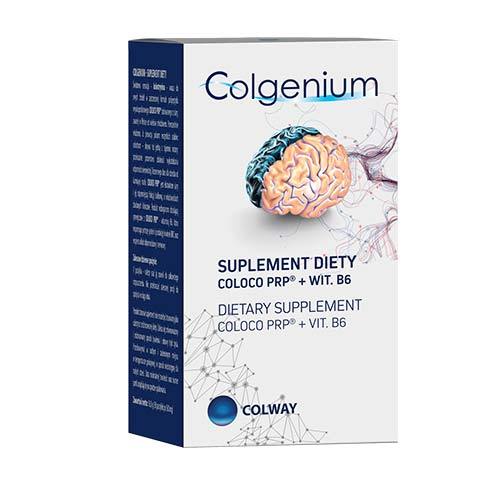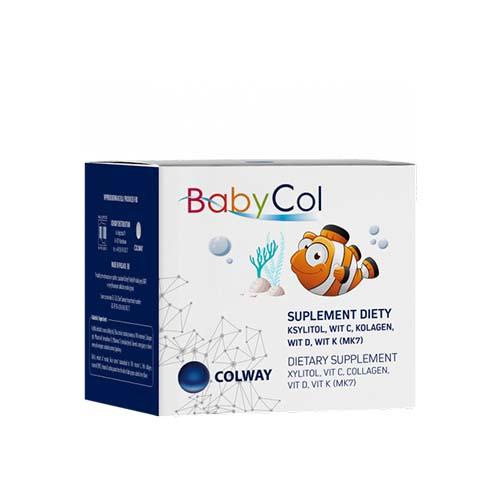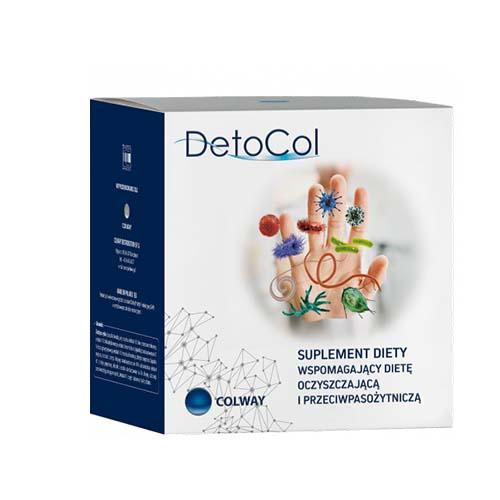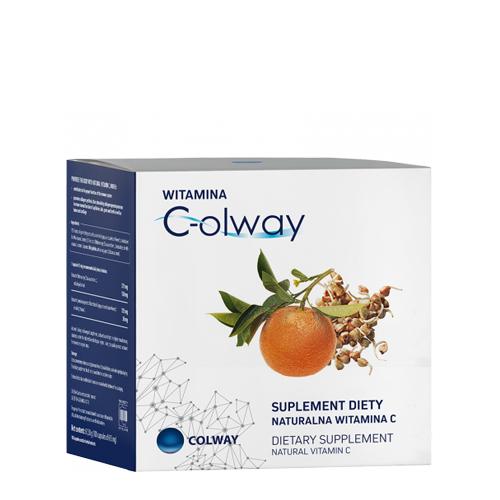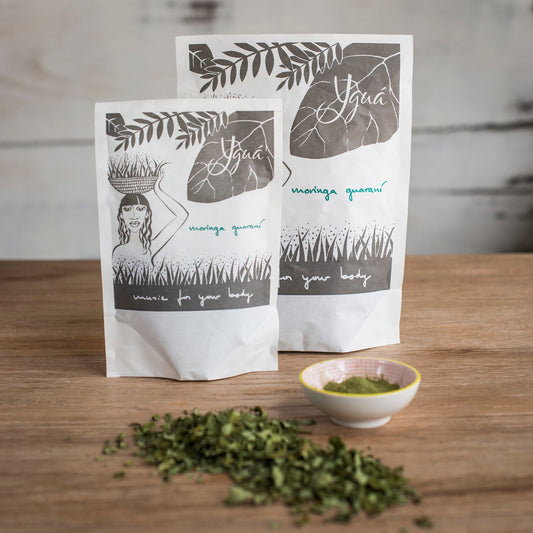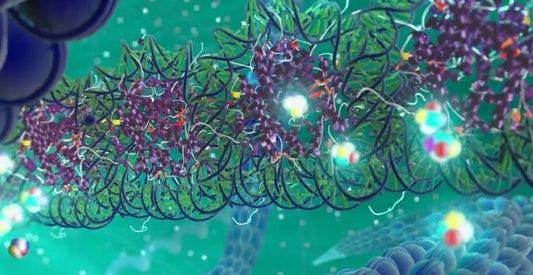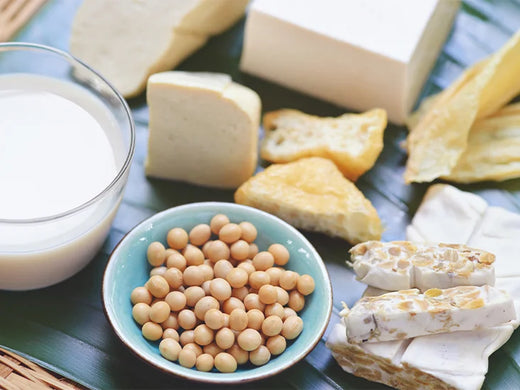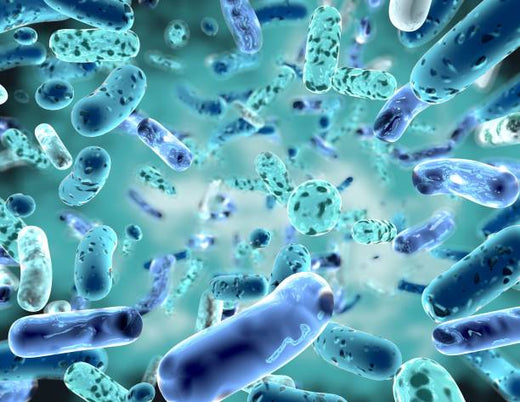Introduction
Coronary disease (CD) remains a significant health concern in the United States, with mortality rates exceeding 1 million annually. Key risk factors include smoking and hypertension, but elevated plasma cholesterol has also been identified as a primary risk factor. High levels of total cholesterol and low-density lipoprotein (LDL) cholesterol contribute to the formation of atherosclerotic plaques, leading to thrombosis or myocardial infarction. Therefore, managing cholesterol levels is crucial in preventing and treating coronary disease to reduce its incidence, mortality, and morbidity.
Dietary Factors and Soy Protein
There is substantial epidemiological evidence that dietary factors, such as the consumption of certain soy proteins, can help manage cholesterol levels and reduce the risk of CD. Epidemiological studies have shown that soy food consumption is associated with a reduced risk of cardiovascular disease in some Asian populations. A large-scale study of 75,000 Chinese women revealed a dose-response relationship between soy food intake and reduced coronary disease risk, especially non-fatal myocardial infarction. A meta-analysis of 38 clinical studies involving 730 participants showed that soy protein intake was associated with a 9.3% reduction in serum cholesterol, a 12.9% reduction in LDL cholesterol, and a 10.5% reduction in serum triglycerides, with a non-significant increase in high-density lipoprotein (HDL) levels. These clinical outcomes have led the Food and Drug Administration (FDA) to allow a health claim on food labels stating that 25 grams of soy protein as part of a daily diet low in saturated fats and cholesterol can reduce the risk of heart disease.
Soy Components and Cholesterol Reduction
The components of soy that might contribute to its hypocholesterolemic effect include soy proteins and their non-protein components, saponins, and isoflavones such as genistein and daidzein. However, it is not yet clear which of these components provides hypocholesterolemic effects. While some hypothesize that soy isoflavones are responsible for reducing cholesterol levels, studies show that soy isoflavones alone do not provide cholesterol-lowering effects. For instance, soy extract rich in isoflavones did not produce cholesterol-lowering effects in crab-eating macaques when administered without soy protein.
American Heart Association's View on Soy Protein and Isoflavones
In February 2006, the American Heart Association published a scientific advisory report on soy protein, isoflavones, and cardiovascular disease, analyzing recent clinical data since the FDA's approved health claim. Among 19 soy isoflavone studies, the Association found that isoflavones, on average, do not affect LDL cholesterol or other lipid risk factors. The evidence favors soy protein over isoflavones as the responsible nutrient. However, it remains unclear which component or components of soy protein provide the beneficial cholesterol-reducing effects that reduce the risk of CD.
The Challenge with Soy Products and the Emergence of Lunasin
A significant challenge with using soy products, as indicated in previous clinical trials and endorsed by the FDA, is the large amount (25 mg/day) of soy product required to achieve a beneficial result. A more concentrated composition would be desirable for easier attainment of sufficient levels of the desired part of the soy product, as well as for more feasible preparation and packaging.
Lunasin: A New Hope
While pharmaceutical compositions comprising lunasin, particularly for cancer treatment, have been disclosed in patents such as US 2003/0027765A1, US 6391848A, and US6107287A, there is a need for improved compositions and methods to effectively reduce total and LDL cholesterol in individuals. The current invention provides these and other related benefits, potentially offering a new and efficient approach to cholesterol management and coronary disease prevention.
Conclusion
The exploration of soy proteins, particularly lunasin, in managing cholesterol levels presents a promising avenue in the fight against coronary disease. While the exact mechanism and most effective components are still under investigation, the potential of lunasin in providing a more concentrated and effective solution is an exciting development in cardiovascular health management.
Frequently Asked Questions (FAQ) about Lunasin and Cholesterol Management
Q1: What is coronary disease (CD)?
A1: Coronary disease is a major health issue characterized by the narrowing or blockage of the coronary arteries, typically caused by atherosclerosis. It can lead to serious conditions like heart attacks and is a leading cause of death worldwide.
Q2: How is cholesterol related to coronary disease?
A2: Elevated levels of total cholesterol and low-density lipoprotein (LDL) cholesterol contribute to the formation of atherosclerotic plaques in the arteries. These plaques can lead to blockages, increasing the risk of coronary disease, including heart attacks and strokes.
Q3: Can dietary choices impact cholesterol levels and coronary disease risk?
A3: Yes, certain dietary choices, particularly the consumption of soy proteins, have been shown to help manage cholesterol levels and reduce the risk of coronary disease. For instance, soy protein intake has been associated with reductions in serum cholesterol and LDL cholesterol.
Q4: What is lunasin, and how is it related to cholesterol management?
A4: Lunasin is a peptide found in soy protein that has been the subject of research for its potential health benefits, including cholesterol management. While it has been primarily studied in the context of cancer treatment, recent research suggests it may also help in effectively reducing total and LDL cholesterol.
Q5: Has the FDA recognized the benefits of soy protein in reducing the risk of heart disease?
A5: Yes, the FDA allows a health claim on food labels stating that 25 grams of soy protein as part of a daily diet low in saturated fats and cholesterol can reduce the risk of heart disease.
Q6: Are soy isoflavones effective in reducing cholesterol?
A6: The American Heart Association's report suggests that soy isoflavones, on average, do not have a significant effect on LDL cholesterol or other lipid risk factors. The evidence currently favors soy protein rather than isoflavones for cholesterol management.
Q7: What are the challenges with using soy products for cholesterol management?
A7: One of the main challenges is the large amount of soy product (about 25 mg/day) needed to achieve a beneficial result. This makes it difficult for some individuals to incorporate sufficient soy into their diets.
Q8: Is lunasin more effective than other soy components in reducing cholesterol?
A8: Research is ongoing, but lunasin may offer a more concentrated and potentially more effective approach to cholesterol management compared to other soy components. However, more studies are needed to confirm its efficacy and mechanism of action.
Q9: Can lunasin be used as a standalone treatment for high cholesterol?
A9: While lunasin shows promise, it should not be considered a standalone treatment for high cholesterol. It's important to combine it with other lifestyle changes, such as a balanced diet and regular exercise, and consult healthcare professionals for a comprehensive treatment plan.
Q10: Are there any side effects associated with lunasin consumption?
A10: Currently, there is limited information on the side effects of lunasin. As with any dietary supplement or change, it is recommended to consult with a healthcare provider before starting lunasin, especially for individuals with existing health conditions or those taking medications.



















































































































